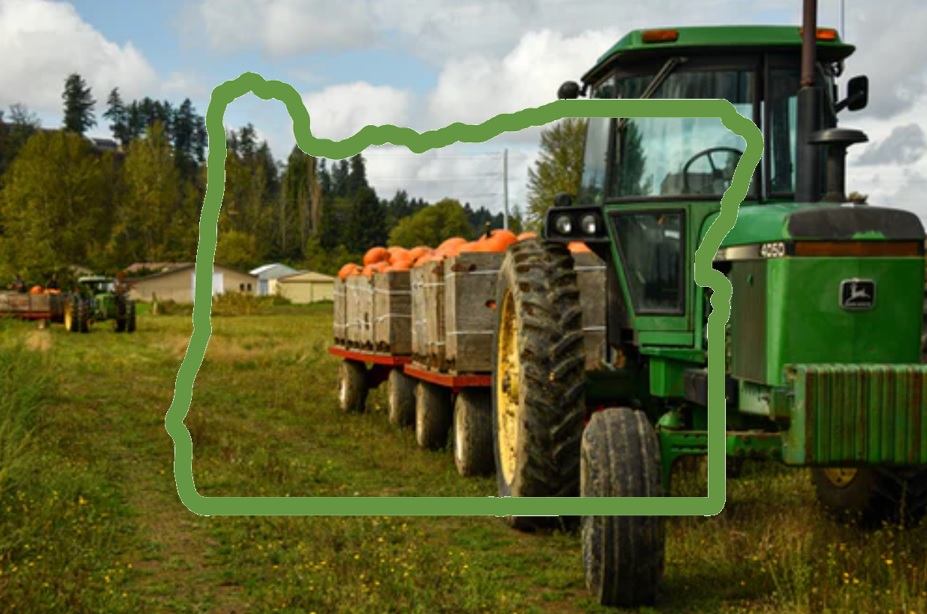This has been a banner week in the Oregon State Capitol. In headline news, the legislature passed two of its (and the Governor’s) stated priorities: a housing package, and a bill aimed at recruiting semiconductor manufacturing and accompanying federal subsidies. While the housing package passed with bipartisan support, the semiconductor bill has received a lukewarm response across the political spectrum.
These major bills passed just before the first meaningful deadline of the 2023 session, which is today. The least popular bills – those with no prior public hearing, or those that have not yet been scheduled for a committee vote – will die as of midnight tonight. This will be the end for hundreds of bills, but we know OFS will still have plenty to focus on as we move ahead.
This week we had success moving two OFS proactive proposals forward. Both of our priority bills have moved out of the House Ag, Land Use, Natural Resources and Water Committee and are on to Ways & Means. These are HB 2610, proposing to fund research for new tools to manage pests in Oregon’s specialty crops, and HB 3098, which would create a new Farmworker Outreach Program within the Oregon Department of Agriculture to provide education on pesticide safety and incident reporting for Oregon’s farmworkers. OFS also joined a wide range of industry partners and health-focused organizations to support SB 955, which provides mental health crisis support specifically to the agricultural community. We expect this important bill to pass to Ways & Means next week.
On the defensive side, we continue to track two aquaculture bills that could negatively impact innovation (SB 89 & HB 2655). Both have been dormant since January. OFS also expressed concerns over HB 3207 and the proposal for DEQ to require labs to report, and create a new public data tool with, domestic well test data. This bill has yet to receive a public hearing and could die as of tonight. Another one we may see fade away is a bill that gives DEQ new authorities over causes and solutions to harmful algal blooms (HB 2647), which has yet to be scheduled for a vote. We’re also engaging on SB 426 which would shift responsibility for technical support for school pest management programs from Oregon State University to the Oregon Department of Education, separating the program from important and longstanding scientific expertise. This bill will have a vote next Tuesday before it moves to the budget process.
Canola also continues to garner attention, as SB 789 proposes to permanently maintain a 500-acre restriction on canola production in the Willamette Valley. Many OFS members have concerns over the precedent set by this bill, and the lack of a strong scientific basis for making an extremely precautionary cap permanent. Finally, we’ve been working with a variety of stakeholders on two bills dealing with Oregon’s “working lands.” HB 2998 creates a new “Soil Health Initiative,” and we saw this bill pass out of committee this week with an amendment addressing our concerns with the base bill. Our forestry members have led efforts to provide constructive feedback on SB 530, which proposes to implement “natural climate solutions” through working lands yet has been put forward by proponents who are largely disconnected from working lands industries. This bill has substantial opposition. Its fate remains unclear.
Disclaimer: Articles featured on Oregon Report are the creation, responsibility and opinion of the authoring individual or organization which is featured at the top of every article.


